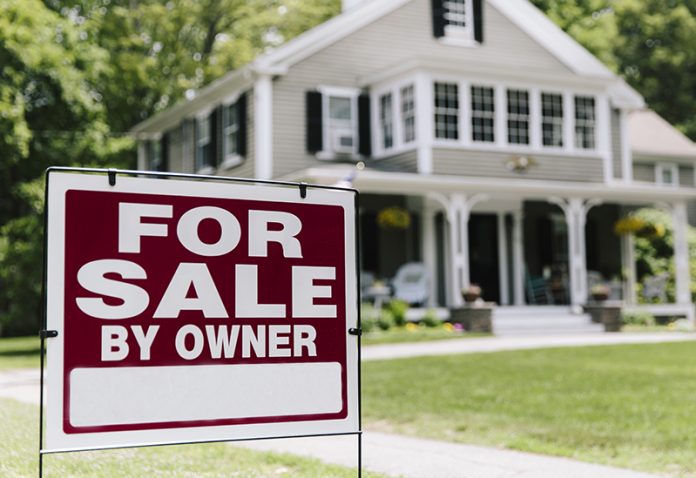When will the housing market crash again? Housing Bubble: Will the Housing Market Crash Soon in 2019 or 2020? Sales Fell to Their Lowest in Three Years
The housing market has been experiencing drops in sales for the past three years already, slowly sinking into what appears to be a bubble waiting to burst.
Slow home price appreciation active for quite some time now, combined with lower mortgage rates are surely bringing the housing market out of the overheating market, while housing sales fell by 1,2%, touching the lowest performance in the last three years.
While this case could represent a marvelous opportunity for home buyers in the upcoming spring, analysts and real estate agents are convinced that few house listings and the rising rates for buying homes is killing the business.
Table of Contents
Will the Housing Market Crash in the Upcoming Period of 2019 and 2020?
Due to the fact that mortgage rates dropped, it was expected to see a rise in the sales of real estate in January 2019, however, this was not the case.
Average prices for real estate have on the other hand increased in oppose to the prices active during the last year, while the chief economist at NAR, Lawrence Yun, insists that the sales of real estate recorded in January were some of the lowest when compared to the history of housing sales growth.
However, despite the turmoil that real estate agents are facing within the dropping sales, Yun is predicting that the sales should soon come out of its cyclical lows with moderating house prices, which should increase the affordability of real estate that way also boosting the sales in the upcoming period.
Yun is predicting that more buyers should be attracted to the market in the following months.
One of the biggest obstacles for achieving this case scenario lies in the fact that the number of homes that could be categorized as affordable is not rising fast enough, however, many analysts believe that the decreased mortgage rates will bring more buyers to the market combined with lower prices for real estate.
Housing Bubble Predictions: Will Housing Market Crash Soon in 2019 Again
As the prices and sales in the industry of real estate are slowly rolling out, investors as well as buyers and sellers are at fear that another recession may soon hit the market, with the last one said to be a consequence of bad mortgages.
The market managed to get back up and retrieve a portion of the general market cap in housing industry with around a decade of rising real estate sales and increasing prices, but the present situation in the market doesn’t look as promising.
Around 40% of residents of the United States believes that the economy in the US has taken a downturn, while 17% of Americans thinks that the United States is already under a recession or economic depression, based on the recent poll by Gallup.
Recession Less Likely to Happen Despite the Dropping Sales and Prices?
According to Lisa Sturtevant, the chief economist of Virginia Realtors and housing consultant, recession is less likely to happen although house sales and prices have been experiencing bear trends for quite some time.
Sturtevant further stated in one of her most recent interviews that even if recession does take place, the proportions of the depression should be small, adding that “most people won’t lose their homes”.
A great number of economists believe that the recession will come after all, especially in case the housing market continues at a downward trend, predicting that the recession is more likely to happen at the end of 2019, or the beginning of 2020.
Even if the recession was to happen, according to analysts, this dreadful period won’t last for too long, allowing the market to take an upward turn soon afterward towards a partial recovery.
However, the general opinion states that there won’t be widespread layoffs, although the economists are predicting that fewer job positions will be offered in the course of the next year.
The national unemployment rate is already set low at 4%, however, it appears that the majority of economists are predicting that the rate will grow additionally in the next two years.




